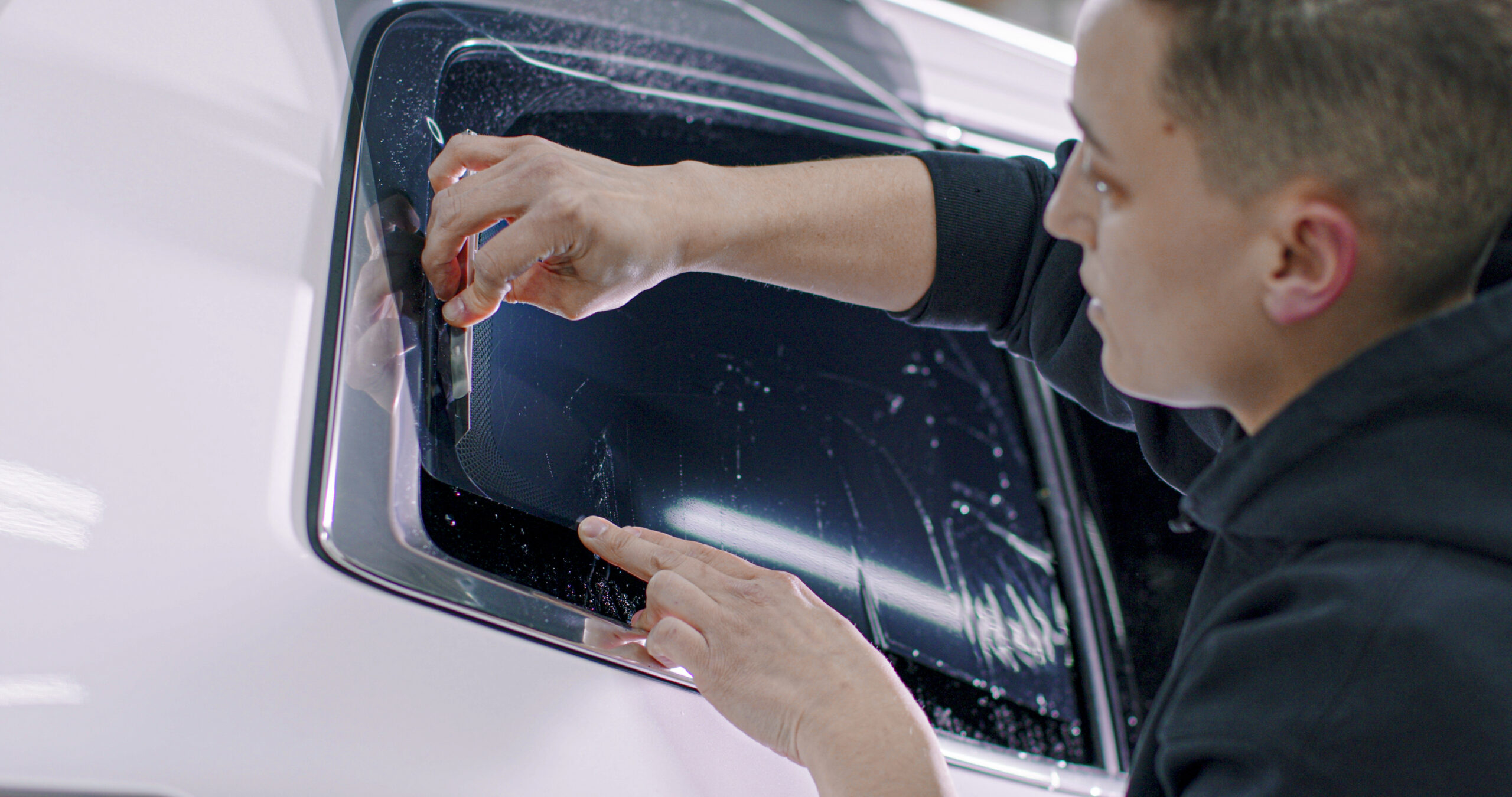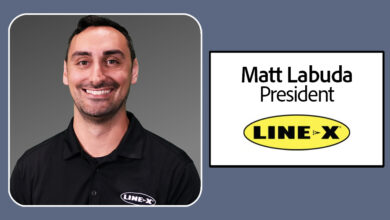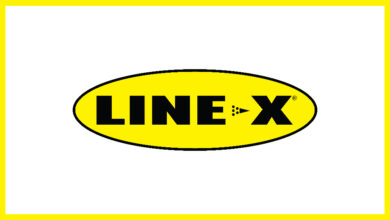Avery Dennison Supporting Skin Cancer Awareness Month Campaign

As a member of the Skin Cancer Foundation’s Corporate Council, Avery Dennison Graphics Solutions is aiming to encourage people to be proactive about daily sun protection during Skin Cancer Awareness Month, the company announced.
Skin Cancer Awareness Month is an annual May initiative of the nonprofit Skin Cancer Foundation, which has been helping people understand the importance of skin cancer prevention, early detection and prompt, effective treatment, the foundation said.
According to the Foundation, with over 5 million cases diagnosed in the United States each year, skin cancer is America’s most common cancer. More people are diagnosed with skin cancer each year in the U.S. than all other cancers combined. Fortunately, skin cancer is also one of the most preventable forms.
Ultraviolet radiation (UVA and UVB) from the sun causes skin cancer. UV rays also damage your eyes and cause your skin to lose elasticity, sag, stretch, bruise more easily and age prematurely. The foundation suggests taking the following measures to protect yourself from the sun:
- Avoid prolonged exposure, especially between 10 a.m. and 4 p.m.
- If you are outside, cover up with sun-protective clothing, including a broad-brimmed hat and UV-blocking sunglasses.
- Don’t get sunburned.
- Avoid tanning and never use UV tanning beds.
- Liberally apply a broad-spectrum sunscreen with an SPF of 15 or higher every day.
- Keep infants out of the sun for the first six months rather than using sunscreen on their sensitive skin. Clothing should cover babies’ vulnerable arms and legs, and don’t forget to use hats, sunglasses, and stroller shades.
- Examine your skin head-to-toe every month.
- See a dermatologist at least once a year for a professional skin exam.
One more, less well-known way that people can protect themselves, according to the Foundation and Avery Dennison, is by having UV-protective window film applied to the windows in their car, truck or commercial vehicle.
“On average people spend at least an hour every day inside their cars with only the car windows between their skin and the sun’s damaging rays,” said Debra Levy, president of the Auto Glass Safety Council. “Car windshields are treated at the factory to shield drivers from most UVA rays, and some sunroofs may provide protection, but the side and back windows often aren’t treated.
“Whenever you are in a car or any kind of vehicle in the daytime, you are being bombarded on your left side if you are the driver and on your right side if you’re the passenger. Window film can provide much-needed protection,” she said.
Drivers who spend a lot of time on the road should be particularly concerned about sun exposure, according to experts. A 2010 study at the Saint Louis University School of Medicine found that Americans who spent more time driving were more likely to develop skin cancer on their left side. Malignant melanoma, the most serious type of skin cancer, was even more divided, with 74 percent of cases on the left side and only 26 percent on the right.
“Non-reflective automotive window films can be applied that will block 99% of ultraviolet radiation,” said Randy Garcia, Avery Dennison Window Film regional technical specialist. “The best of these aftermarket films also reject heat and glare while protecting vehicle interiors from fading.
“Automotive window films come in a variety of shades and light transmission levels, all of which block UV radiation and glare,” he explained. “The newest window films are available in virtually clear tints and yet still block [over] 99% of UV light and an impressive percentage of glare. Your window film dealer can advise you on how dark you’re allowed to tint car windows in your state. They will help you select a film that meets the legal standard while providing the appearance you are looking for.”



